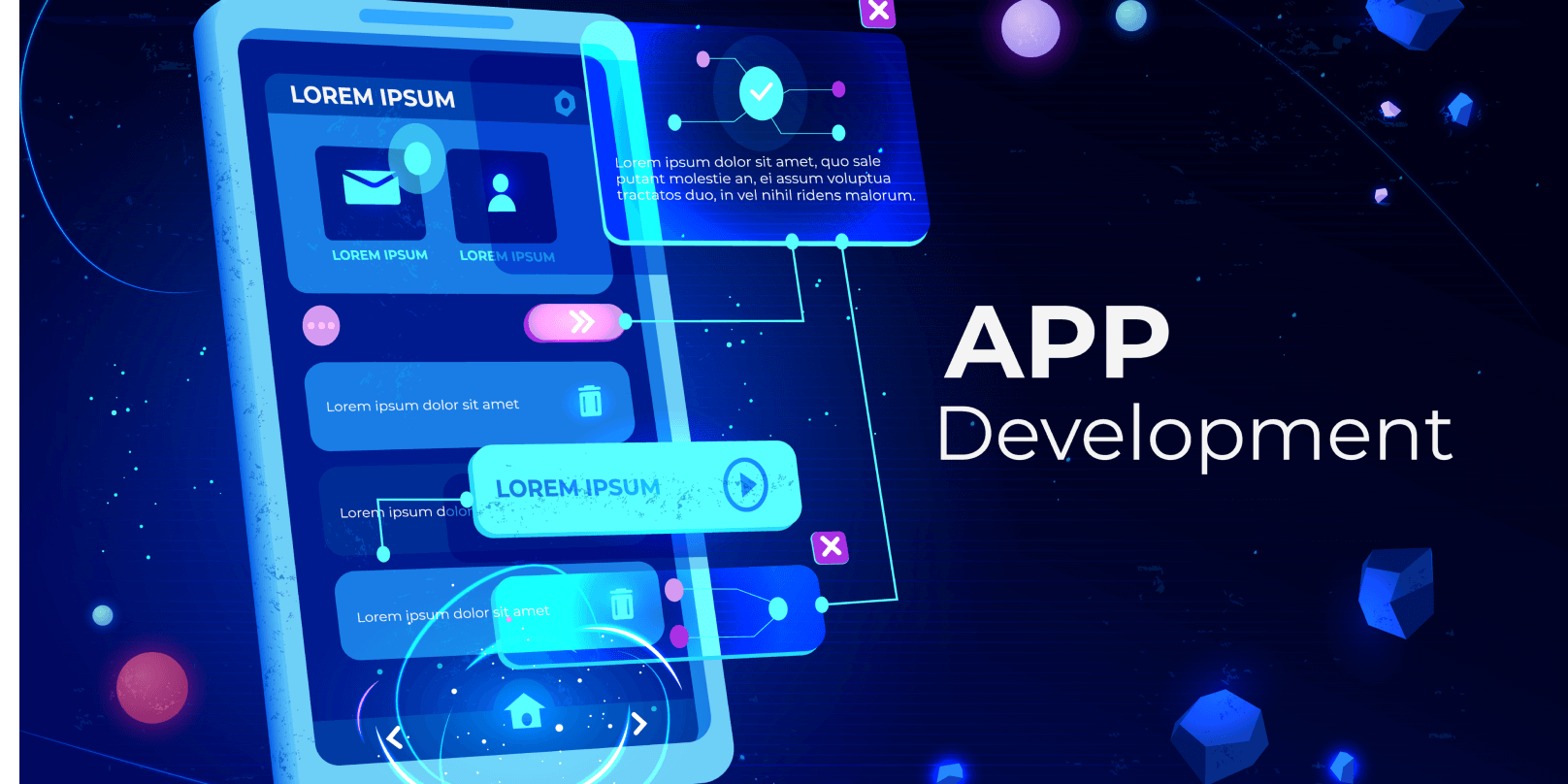Real estate has rapidly evolved with technological advancements, and mobile applications have revolutionized the way people buy, sell, and rent properties. In this comprehensive guide, we will explore the crucial steps and strategies to create a successful real estate app. From conceptualization to launch, understanding the nuances of real estate app development services is essential. Dive in to discover how to develop an app that resonates with users, provides value, and ensures security throughout its lifecycle.
Understanding the Dynamics of Real Estate App Development
1. Market Research and Conceptualization
To embark on a successful journey, begin with extensive market research. Identify gaps, analyze competitors, and understand user preferences. Define your app's unique value proposition and core functionalities. A clear vision is crucial for a successful app development strategy.
2. Choosing the Right Development Approach
When venturing into real estate app development, deciding between native, hybrid, or cross-platform development is pivotal. Each approach has its pros and cons, considering factors like development time, cost, and user experience. Collaborating with a proficient real estate app development service helps in making informed decisions.
3. Design and User Experience
A compelling user interface (UI) and seamless user experience (UX) are pivotal for engagement and retention. Prioritize intuitive navigation, interactive features, and visually appealing designs. Implementing augmented reality (AR) or virtual reality (VR) for property viewing enhances the user experience, setting your app apart.
Key Features for Real Estate App Development
1. Property Listings and Search
Implement robust search functionalities with filters for location, price range, property type, and amenities. Ensure real-time updates and accuracy in property listings to maintain user trust.
2. Virtual Property Tours
Integrate VR or AR technology to offer virtual property tours. This feature enables users to explore properties remotely, saving time and effort.
3. Secure Payment Gateways
Secure payment gateways are vital for transactions within the app. Implement encryption and follow industry standards to ensure user data security.
4. User Profiles and Preferences
Enable users to create profiles, save preferences, and receive personalized property recommendations. Machine learning algorithms can enhance recommendations based on user behavior.
Security Measures in Real Estate App Development
1. Data Encryption and Secure Authentication
Prioritize end-to-end encryption for user data and transactions. Implement robust authentication methods like biometrics or multi-factor authentication to prevent unauthorized access.
2. Regular Security Audits and Updates
Conduct routine security audits and updates to identify vulnerabilities and patch them promptly. Stay updated with the latest security protocols to safeguard user information.
3. Compliance with Data Protection Regulations
Adhere to data protection regulations like GDPR, ensuring user data privacy and compliance with legal standards.
Collaborating with Real Estate App Development Services
1. Finding the Right Development Partner
Choose a reliable and experienced development partner with a proven track record in real estate app development services. Assess their portfolio, expertise, and client reviews before finalizing.
2. Communication and Transparency
Maintain clear communication throughout the development process. Transparency regarding timelines, milestones, and any challenges fosters a healthy partnership.
3. Post-launch Support and Maintenance
Ensure that the development service offers post-launch support and maintenance to address any bugs, updates, or user feedback promptly.
Conclusion: Launching Your Real Estate App
In the competitive real estate market, a well-executed app can be a game-changer. Emphasizing user experience, implementing robust security measures, and collaborating with reliable real estate app development services are crucial for success. By following these steps and staying updated with industry trends, you can bring your real estate app vision to life and carve a niche in this dynamic market.
Remember, the journey doesn't end with the app launch. Continuously gather user feedback, analyze data, and iterate to keep your app relevant and user-friendly in the ever-evolving real estate landscape.
